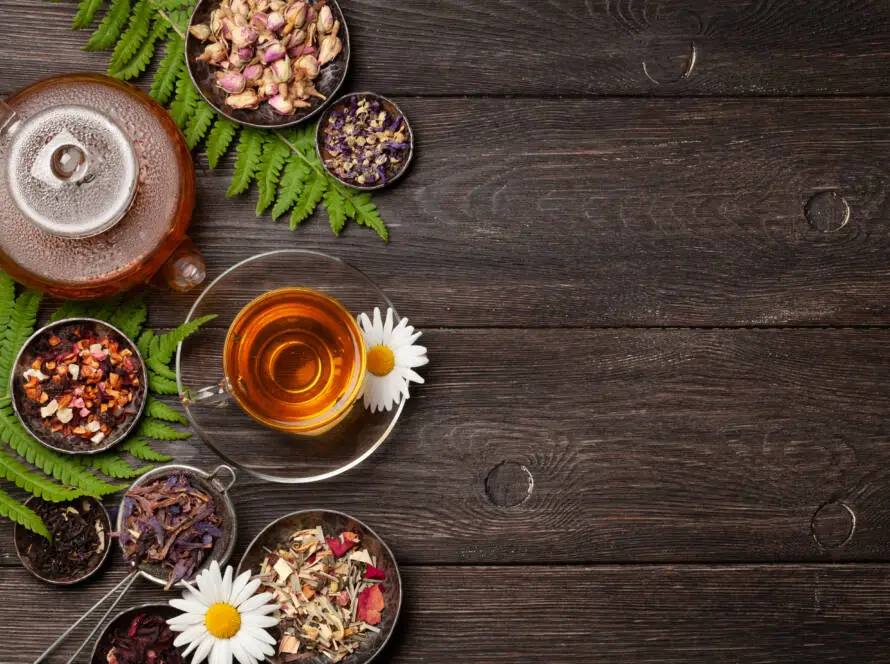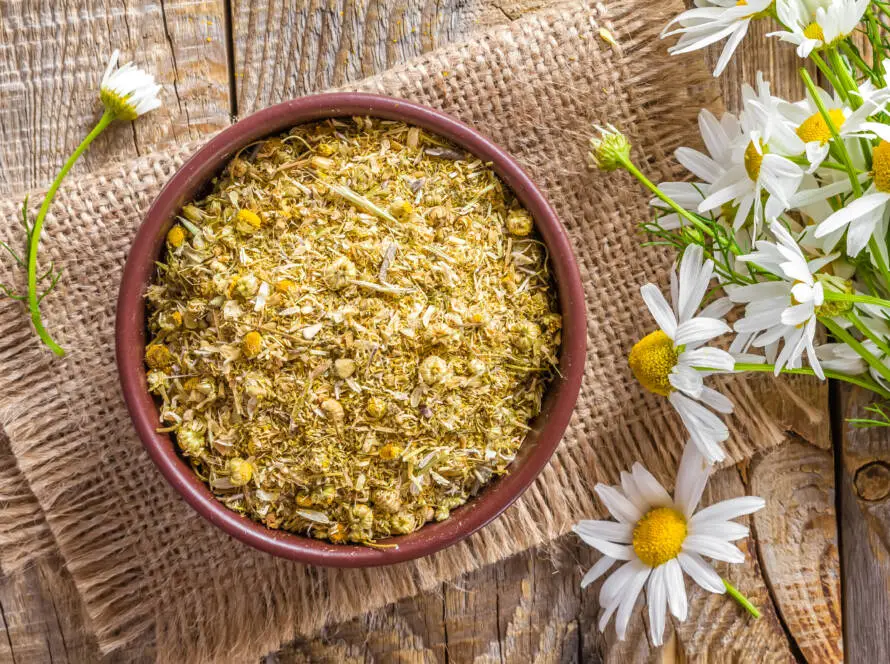Introduction
Gotu Kola, scientifically known as Centella asiatica, is a creeping herb that flourishes in damp environments across regions such as India, Sri Lanka, Madagascar, South Africa, and other tropical areas. This remarkable plant has been utilized for centuries in traditional medicine to address a variety of health concerns. Observations of elephants, which are known for their impressive longevity, consuming Gotu Kola leaves led to the belief that this herb promotes a long and healthy life. Traditionally, it’s recommended to consume a few leaves daily for maximum benefits.
Historically, Gotu Kola has been linked to the treatment of numerous ailments, including mental health issues, high blood pressure, abscesses, rheumatism, fever, ulcers, leprosy, skin eruptions, nervous disorders, and jaundice. Additionally, it is often regarded as an aphrodisiac. It’s important to note that Gotu Kola should not be confused with the dried seeds of Cola nitida, which contain caffeine and act as a stimulant. In contrast, Gotu Kola is caffeine-free and has calming, sedative effects.
Common Names
Gotu Kola is known by various names, including:
- Gotu Kola
- Hydrocotyle
- Indian Pennywort
- Talepetrako
- Spadeleaf
- Asiatic Pennywort
Latin Name
The scientific classification for Gotu Kola is Centella asiatica.
Uses
Gotu Kola has been traditionally employed for numerous health issues, including its reputation as an aphrodisiac. It has shown effectiveness in several areas:
- Wound Healing: Known for its ability to promote skin repair.
- Varicose Veins and Skin Disorders: Often used for enhancing circulation and alleviating skin conditions.
- Venous Insufficiency: May help in managing symptoms related to poor blood flow.
- Memory Enhancement: Some limited evidence suggests it may improve cognitive function.
Additionally, Gotu Kola may exhibit antifertility, hypotensive (blood pressure-lowering), and sedative effects.
Dosage
The typical dosage for crude Gotu Kola ranges from 1.5 to 4 grams daily. For standardized extracts that focus on the active compound asiaticoside, clinical trials have studied doses between 30 to 90 mg per day specifically for venous insufficiency and wound healing. Some studies have investigated the topical application of hydrogel ointments containing a titrated extract of Centella asiatica (TECA) for direct wound treatment.
Scientific Evidence
Recent research has validated many of Gotu Kola’s traditional uses, suggesting potential new applications. Studies have indicated that it may help in:
- Reducing high blood pressure
- Treating venous insufficiency
- Enhancing memory and cognitive function
- Alleviating anxiety
- Accelerating the healing of injuries
Side Effects and Cautions
While Gotu Kola is generally safe for most individuals, some precautions should be taken:
- Contact Dermatitis: Some users may experience skin irritation upon contact.
- Hepatotoxicity: There have been three reported cases of liver toxicity in patients using Centella asiatica for 20 to 60 days.
- Emmenagogue Effects: Gotu Kola can stimulate menstrual flow, so its use should be avoided under certain conditions, particularly for pregnant women or those with specific health concerns.
Conclusion
Gotu Kola is a fascinating herb with a rich history in traditional medicine and promising potential in modern health applications. Its various uses, ranging from enhancing memory to promoting wound healing, make it a valuable addition to dietary supplements. However, it is essential to consult a healthcare professional before incorporating Gotu Kola into your routine, especially if you have underlying health issues or are taking other medications. Understanding the benefits and precautions associated with Gotu Kola can help you use this herb safely and effectively.
Resources
- Drugs.com
- Wikipedia.com
This summary highlights the key aspects including its traditional uses, potential benefits, and safety considerations.
Disclaimer
The information I’ve shared about herbs is for educational purposes only and is not meant as medical advice. While many herbs have been traditionally used for their potential health benefits, individual responses may vary, and the effectiveness of herbs can depend on various factors, including personal health conditions and interactions with medications. It is essential to consult with a qualified healthcare professional or a licensed herbalist before using herbs for medicinal purposes or making significant changes to your health regimen. This information should not be considered a substitute for professional medical advice, diagnosis, or treatment.


